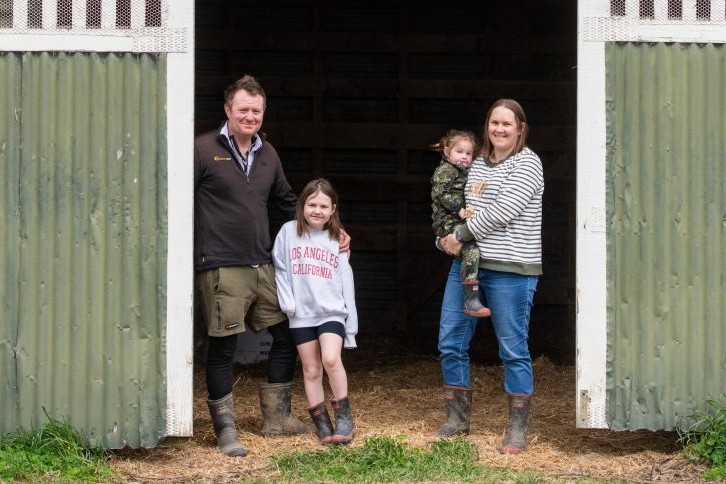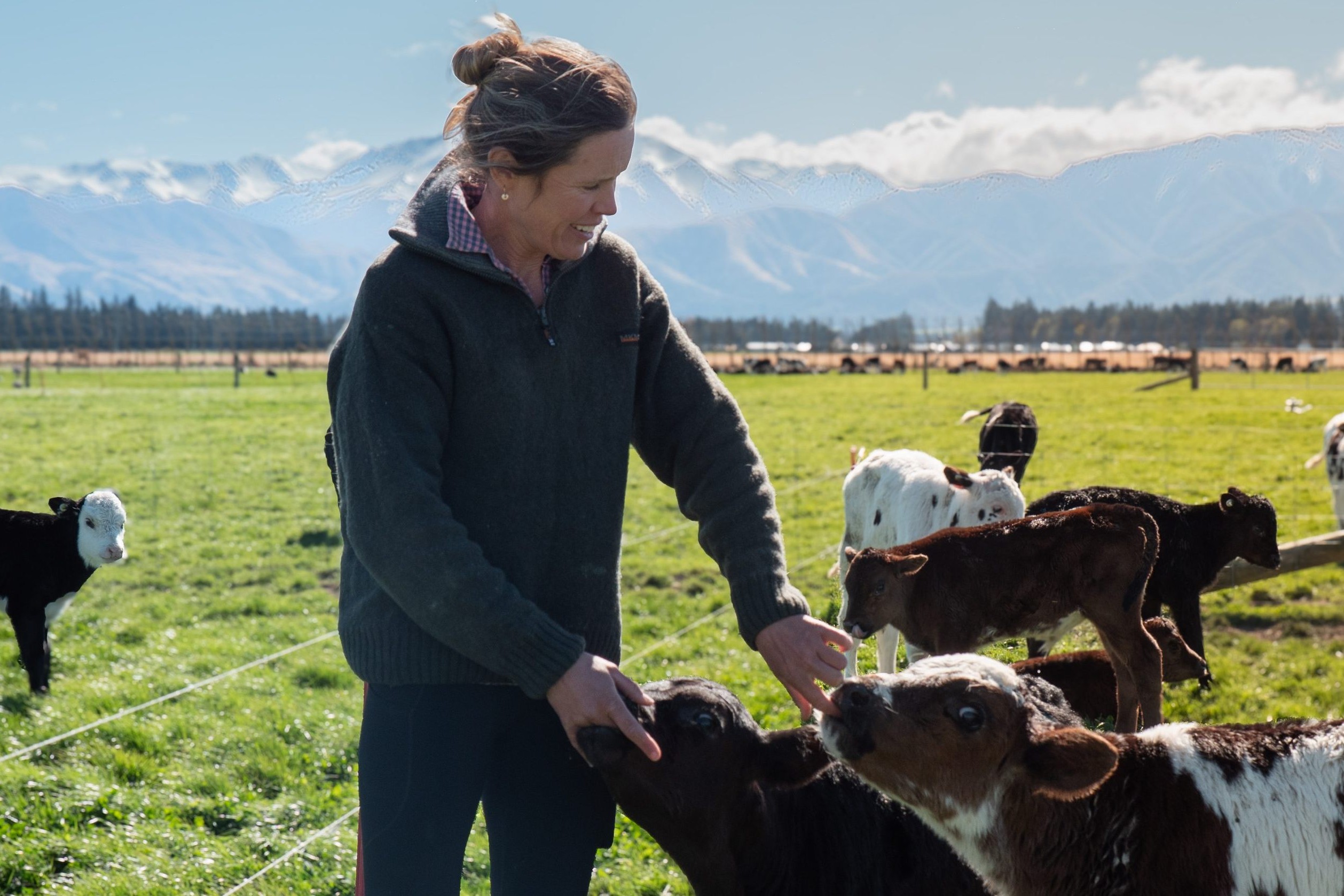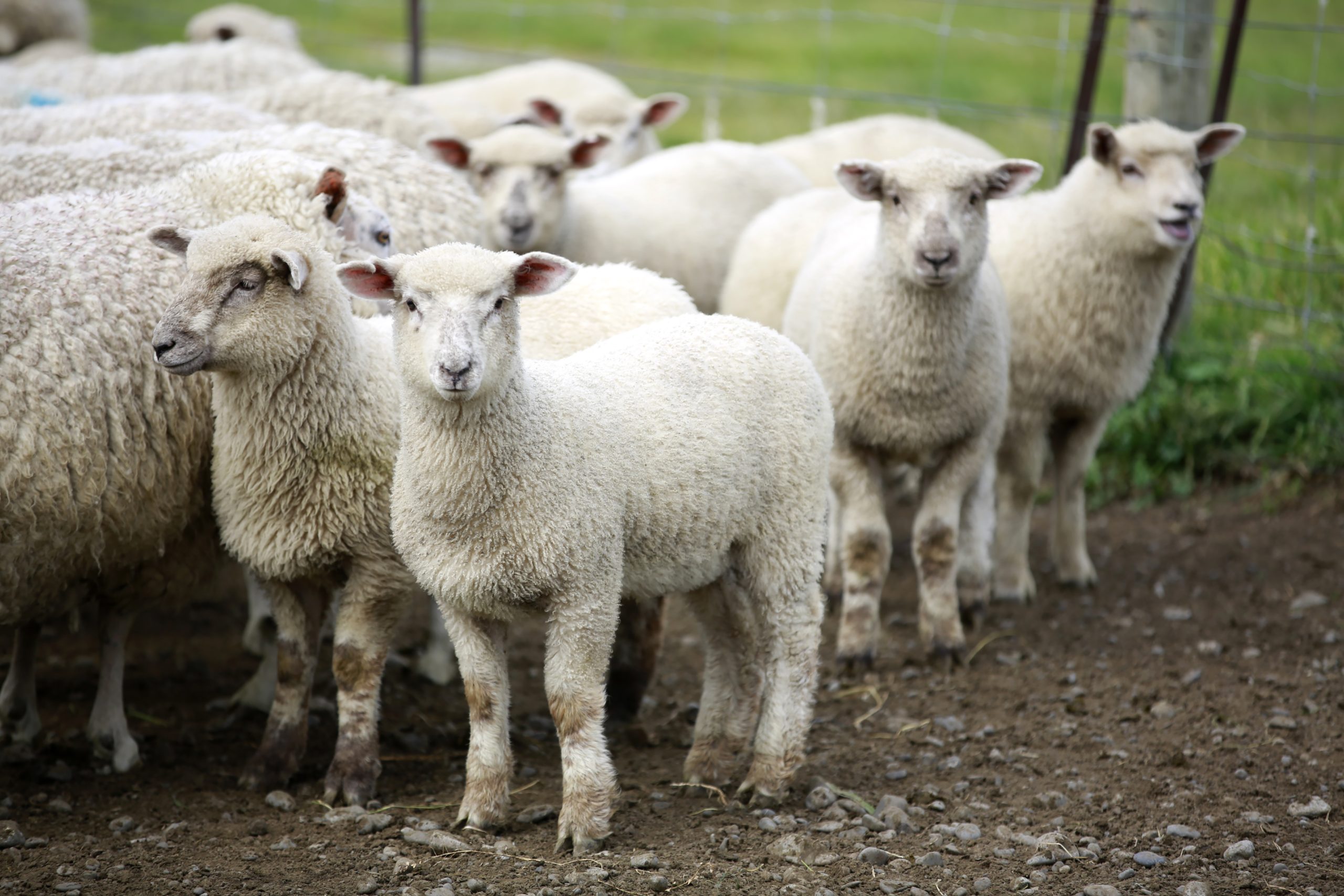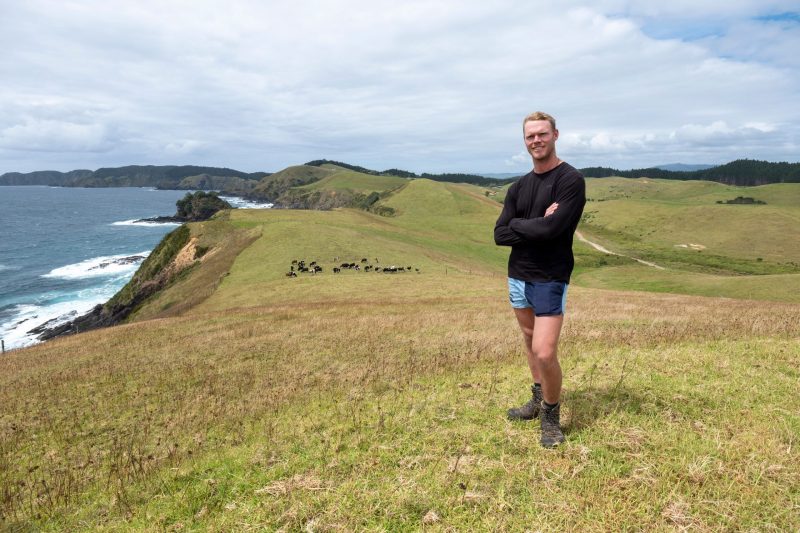Lynda Gray
Genetically selecting cows according to their grazing “personality” could lead to more efficient grazing of hill country, Lincoln University PhD student Christian Moreno says.
At a World Hereford Conference presentation at Earnscleugh Station he gave some of the early findings on his project started in 2018 which is tracking with GPS collars the grazing habits of mixed-age breeding cows on five Canterbury hill country farms.
To date 100 cows have been tracked for more than 100 days and the almost five million GPS data points collected are giving insight into where they go, when they graze, and distance they travel.
The results show cows display distinct grazing personalities. Some consistently seek out higher and steeper altitudes, and others the valley floors or flat country where they walk longer distances.
“Hopefully by matching gene and phenotypic variations of grazing we’ll be able to get a marker for grazing behaviour although that’s still a long way off.”
The idea for the project stemmed from the common practice of putting breeding cows out on the hill to ‘clean up’ pasture. It was a good idea in theory but in practice didn’t work because they never evenly graze where they’re put.
“Farmers hope they’ll go to the steeper areas when they get hungry, what we’re doing is taking a different approach to solve the problem.”
Moreno’s project is part of the broader topic of study at Lincoln on how to provide more diverse grazing environments that will improve the well-being of livestock.
• More coverage on the conference in Country-Wide Beef.




